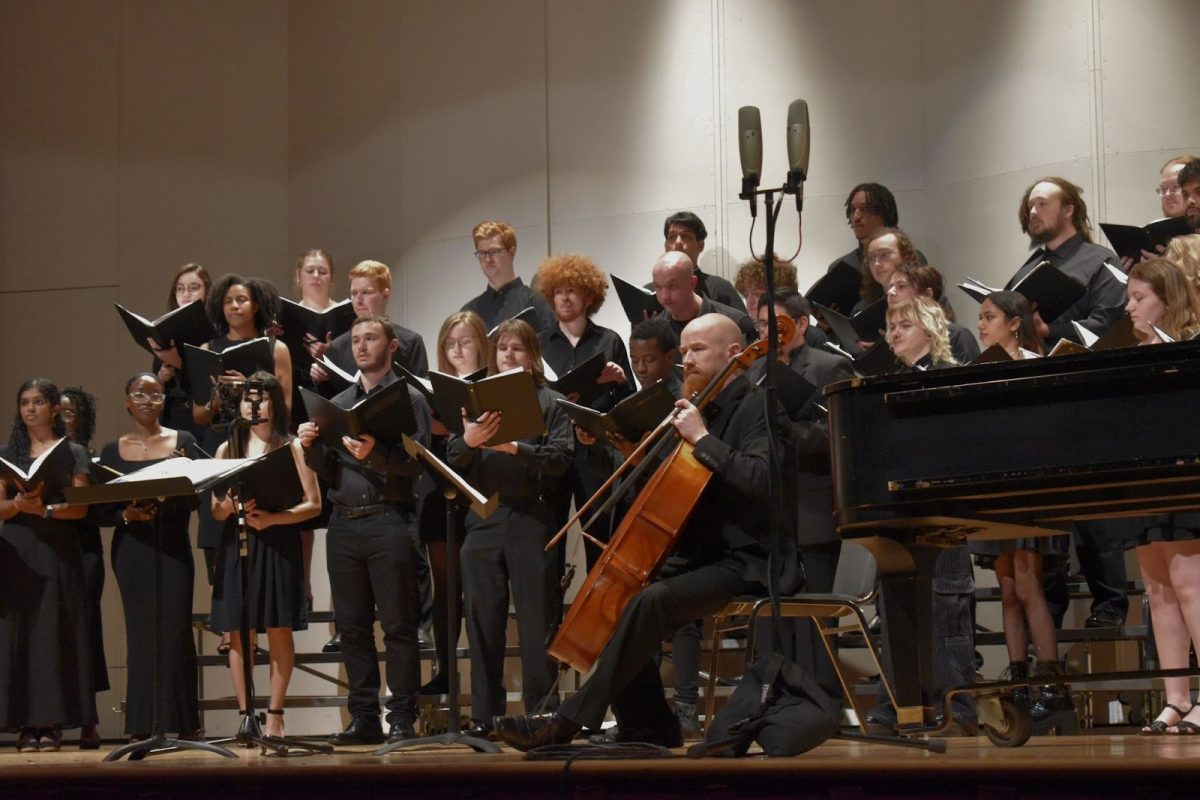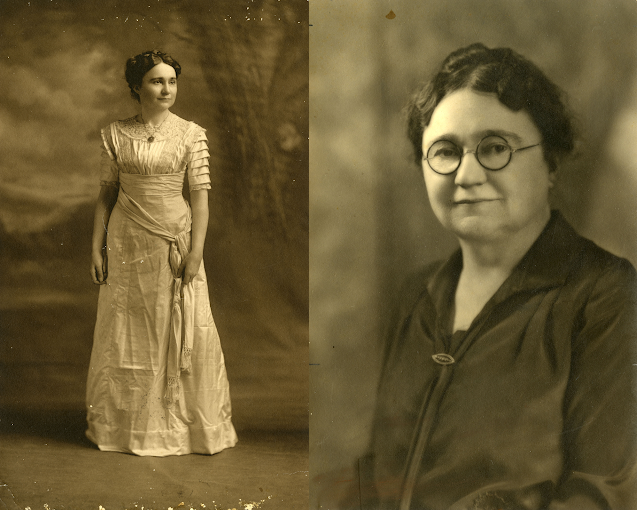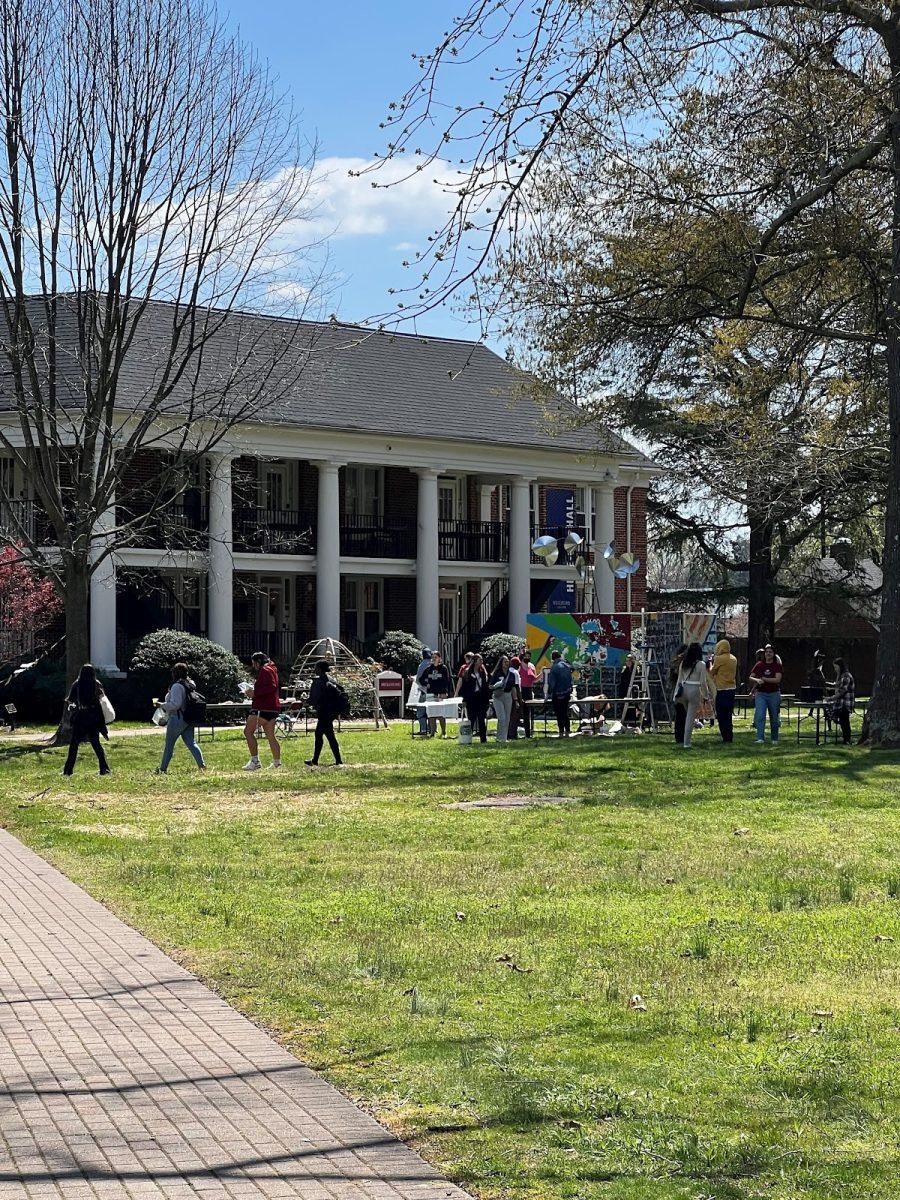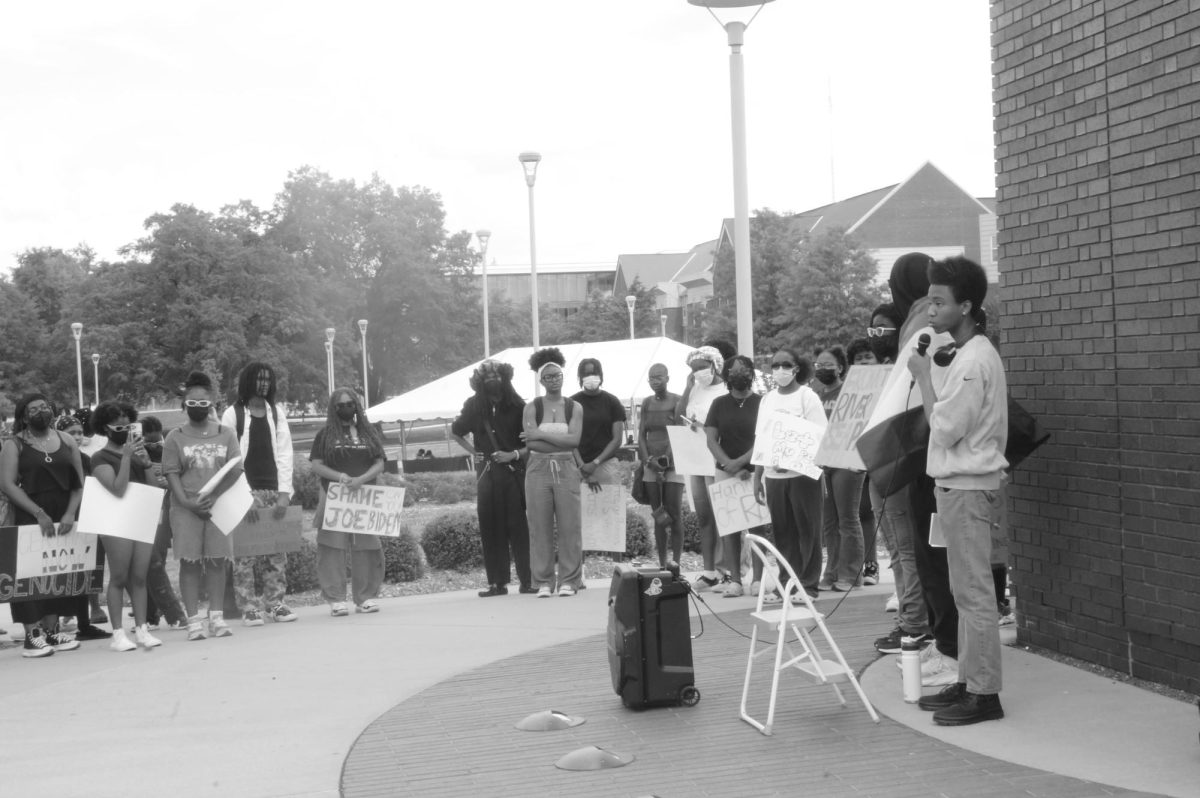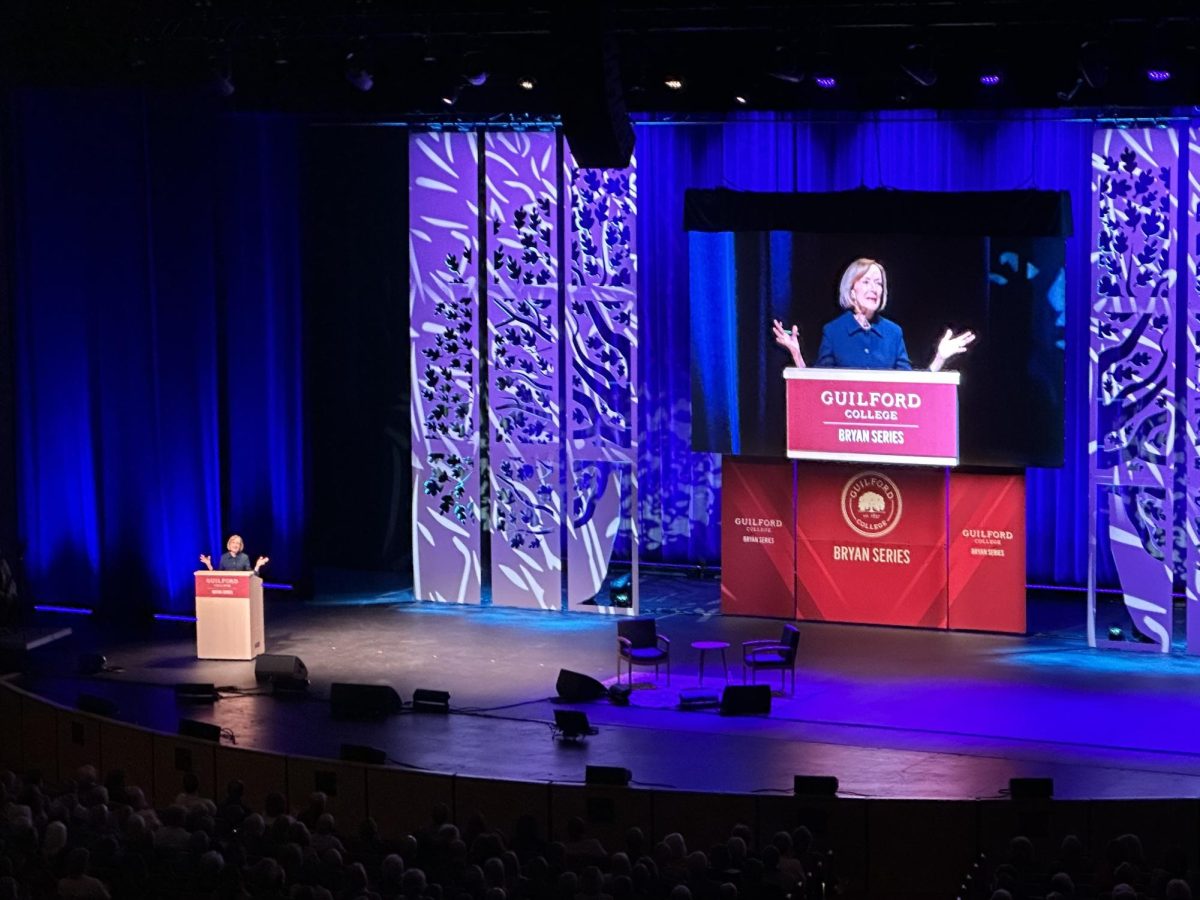“We have the power to make change,” said Toni Etheridge, program director of the American Friends Service Committee.
On the evening of April 22, passionate words were spoken from Etheridge’s lips at the art exhibit in King Hall room 126. The subject of discussion: boycotts.
The AFSC has graced Guilford with the exhibit, which overflows with posters and pamphlets. Every poster in the room comes from a past boycott, starting as early as Rosa Parks and spanning recent years.
Boycotts have been used to empower workers suffering from low wages. When workers boycott organizations, they can become a tidal wave of change, peacefully protesting for what they deserve.
“We have far more power than all corporations of the world,” said Director of North Carolina Immigration Rights Program Lori Khamala. “We must make ethical choices to help our community.”
The community has a strong voice, but without funds it is silent.
You see, money talks, and you best believe it walks too. But where does it go, and why is it never loud enough to be heard?
“It’s hard to trace the flow of money,” said Etheridge. “Utilizing money is important. Consumers have power, but not without utilizing their money.”
Seeing commercial businesses bringing in wads of money is just one reason boycotts are so valid.
When a company manufactures shoes that cost $1 to make and then sells them for $200, well, you do the math. Someone is being robbed.
“It’s emotionally crushing to know that some ‘big name companies’ fall short on human ethics,” said Etheridge. “Looking at humans being deprived of what they work for, you have a gut feeling that it is wrong and you want it to change.
“You have to make that change.”
Etheridge has been passionate about workers rights as long as she can remember. The exhibit reflects on Etheridge’s feelings with pieces portraying boycotts of big name companies.
So, why did the AFSC choose Guilford to host the exhibit?
“The art gallery has collaborated many times in the past with the AFSC,” said Terry Hammond, director and curator of the Hege Library art gallery. “It has always been great working with them.”
The AFSC and Guilford go hand and hand. The flame that once sparked between Guilford and the AFSC continues to grow.
“I am a Guilford graduate,” said Etheridge. “Guilford and AFSC have had a long-standing relationship. I am extremely appreciative for their relationship because it seems as time moves on their relationship continues to strengthen.
“If you are fortunate enough to come to Guilford, you set yourself up in a place to spark change that stays with you.”
A new generation of activists has been inspired not only by Guilford’s exhibit, but the AFSC exhibit as well.
“We have groups that will travel to D.C. and all over,” said Etheridge. “We send youth to spark their interest and become involved in their communities.”
Guilford could be the new starting line for boycotts and economic activism. As a community, we have the strength to reflect on this exhibit and change our surroundings, or even the world.
“There is something in the water or the environment at Guilford College,” said educator and storyteller Logie Meachum. “It is possible that Guilford affects all of North Carolina or perhaps the entire nation.
“There are principles for change in all of Guilford County, whether at North Carolina Agricultural and Technical University, Guilford College or UNC Greensboro. There is change to be found here.”
How did the exhibit affect the Guilford community, and where will it go from here?
“I’d have to say that those who stopped by shared positive words of personal change in the guest book,” said Etheridge. “The Boycott Art exhibit will be leaving Guilford College campus and heading to Durham early next week.”

